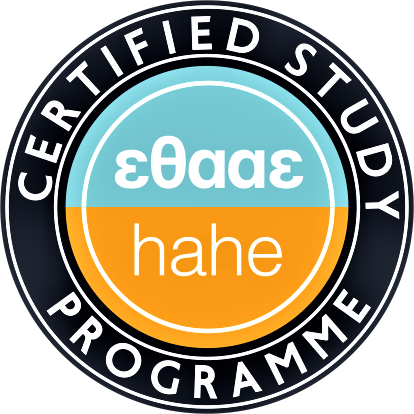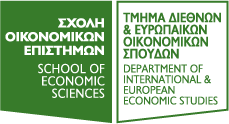International Trade: Theory and Policy
Type of course: Compulsory for specialization “International Economics and Finance”
Number of credits allocated: 6 ECTS Credits
Objective of the course (expected learning outcomes and competences to be acquired)
Presentation and exposition of the recent analytical and policy approaches to: the absolute and comparative advantage; international trade and income distribution; international trade and factor endowments; new trade theories (imperfect competition and increasing returns to scale); trade policy and economic welfare under competitive and imperfectly competitive market settings; the political economy of international trade policy; international factor mobility; theory and practice of preferential trading agreements.
Prerequisites
There are no formal prerequisites, but it is recommended that students have prior basic knowledge of microeconomics and macroeconomics.
Course contents
The following topics are covered:
- Labor Productivity, Absolute-Compatarive Advantage and International Trade
- Factor Endowments and International Trade: The Heckscher-Ohlin-Samuelson Theory, and the Specific Factors Model
- Economies of Scale and International Trade, Offshoring and Outsourcing of International Economic Activity, Dumping and Reciprocal Dumping
- Policy Instruments in International Trade in Perfectly and Imperfectly Competitive Trade Models
- International Factor Mobility: Capital and Labor
- International Trade Agreements
Recommended textbook
- R. Feenstra and A. Taylor, International Economics, 3η edition, Worth, 2014.
Teaching methods: Lectures and essay presentations
Assessment methods: Final written exam (70%), essay (30%)
Language of instruction: Greek





 Patision 76
Patision 76 2108203 106 / 2108203 107
2108203 106 / 2108203 107 
